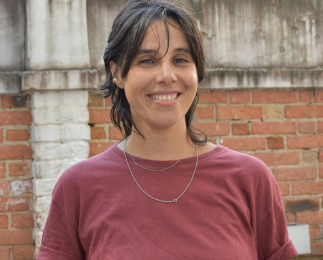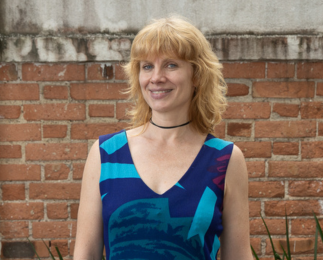Krista Lillemets earned her PhD in Sociology from the FU Berlin in 2023. Her research interests include (global) historical sociology, Marxist political economy of labour, world-systems analysis, global labour history, unfree and compulsory labour arrangements in historical and contemporary capitalism, geopolitics of knowledge with a focus on Latin America and Brazil. She has published on global social inequalities and political economy of social policy. She has been a visiting lecturer at Tallinn University (2008-2009) and a visiting researcher at USP (2014). Her doctoral thesis Working-Class at Large in Historical Capitalism: Global Southern Perspectives (2022) examines critically the hegemonic concepts of labour and working-class in social sciences from the viewpoint of peripheral knowledge production, and colonial/ post-colonial forms of unfree and compulsory forms of labour. At the moment she prepares a book proposal based on her doctoral thesis.
Project: Coexisting Labour Configurations in Brazil’s “New Historiography”: A Peripheral Approach to Macro-Micro Entanglements
The project examines the mix of enslaved, compulsory and free labour in 19th-century Brazil under the hegemony of liberal-industrial capitalism. The underlying premise of this project is that the definition of capitalism as a socio-economic system of “free” wage labour presents limitations in taking into account more complex colonial and peripheral labour arrangements in capitalist development, particularly the coerced (unfree) and unwaged/ semi-waged labour. Hence, the aim is to renovate the dominant concept from the viewpoint of peripheral realities and knowledge production. By contesting the evolutionary argument about the transition from unfree to “free” wage labour, the project expands the research on Brazil’s “new historiography” developed within the ambit of Dr Lillemets’ doctoral dissertation, which demonstrated how colonial slavery regimes developed in the 19th century into complex mixes of enslaved, compulsory, and free (non-slave) labour nationally, regionally, and in different units of production. By combining the research on micro-histories of labour and the macro-structural studies on capitalist slavery, the project examines the coexisting forms of labour exploitation, crossed by social, racial, and legal hierarchies, and structured by the transformations in the world-economy under liberal-industrial capitalism.
Main discipline: Sociology








